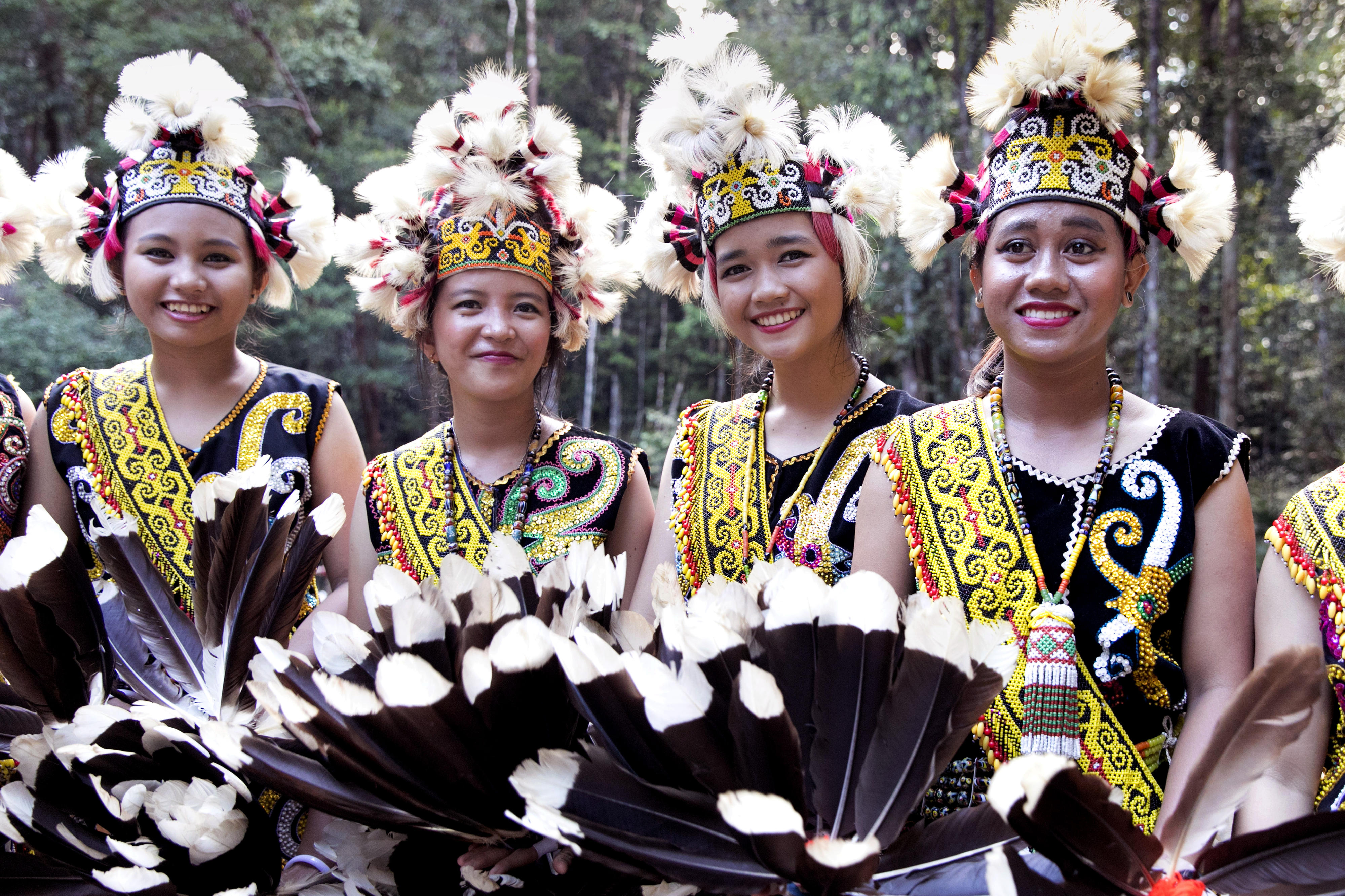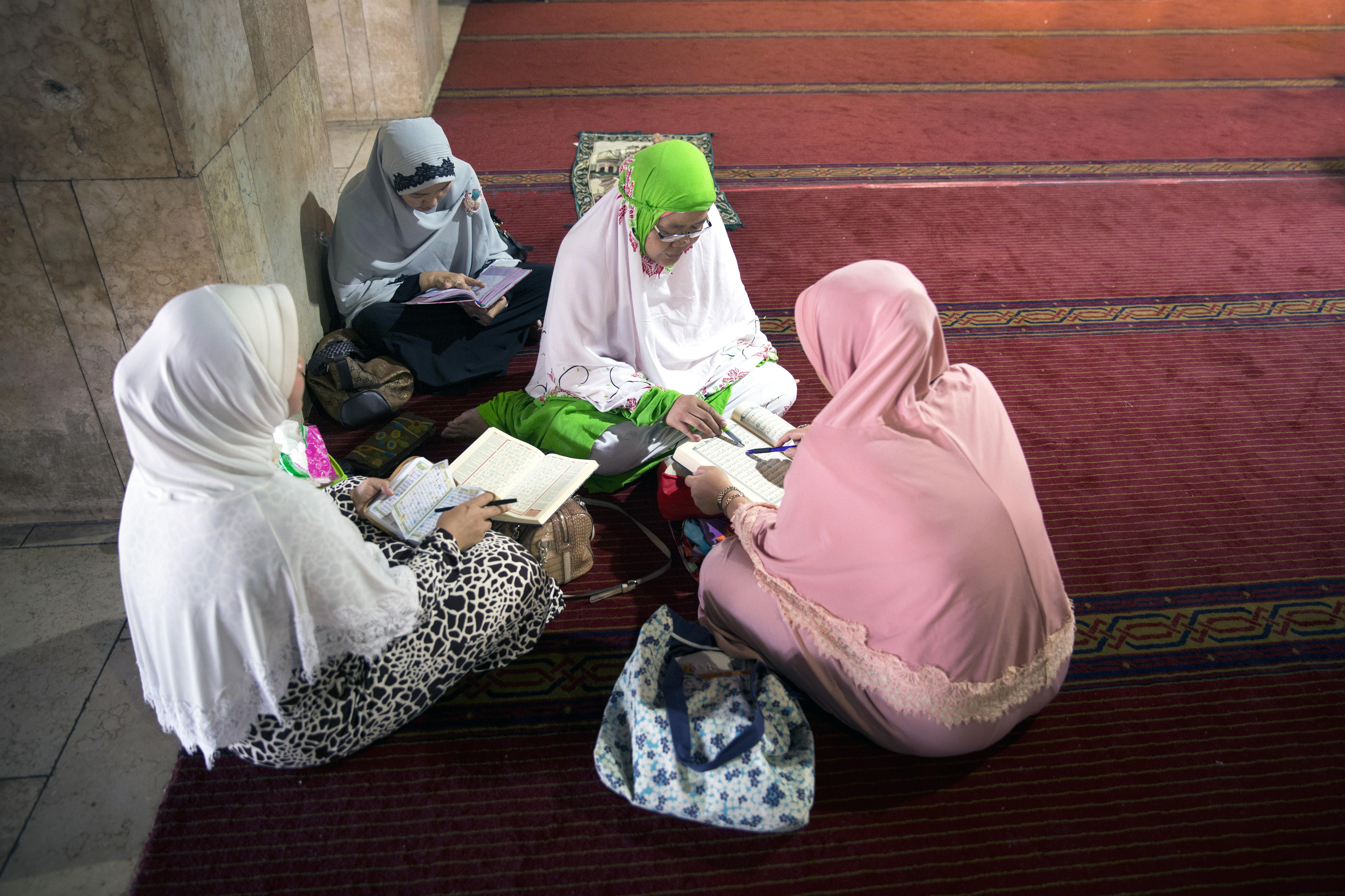Dancers in traditional costume in Borneo
Copyright© Ute Grabowsky/photothek.net
Social situation Regional disparities not yet overcome
In the past, there has been little investment in infrastructure, education or basic social protection on many of the other islands. This has changed, but the differences in development have not yet been eradicated.
The current government has achieved considerable progress all over the country, especially in terms of reducing poverty and in the health and education sectors. However, compared with other countries in the region, and with other G20 members, Indonesia still shows development deficits. In 2023, almost 16 per cent of children under five in Indonesia were undernourished, for example.
According to World Bank figures, 9 per cent of Indonesia’s population was living in poverty in 2024. This figure was 19.1 per cent in 2000. However, estimates suggest that about 30 per cent of the country’s inhabitants are only just above the national poverty line. According to the World Bank, the COVID-19 pandemic plunged many people back into poverty.
The current Human Development Index (HDI) ranks Indonesia 113th out of 193 countries.
The role of religious communities
Women reading and interpreting the Koran in the Istiqlal Mosque in Jakarta, Indonesia
With almost 90 per cent of Indonesian people adhering to Sunni Islam, Indonesia is home to the largest Islamic community in the world.
Indonesia’s constitution guarantees freedom of religion within the scope of the five officially recognised religions (Islam, Buddhism, Christianity, Confucianism and Hinduism). However, shortcomings in the protection of minority groups and in the rule of law mean that, in some regions, persons belonging to religious minorities frequently experience disadvantages and even face threats and violence from Islamist groups.
The government is expressly committed to the moderate form of Islam that has traditionally been practised in the country. It has been fighting Islamist terrorism with determination. Large sections of civil society, too, are actively fighting the tendency towards Islamic extremism in society and growing religious intolerance.
As at: 12/08/2025

